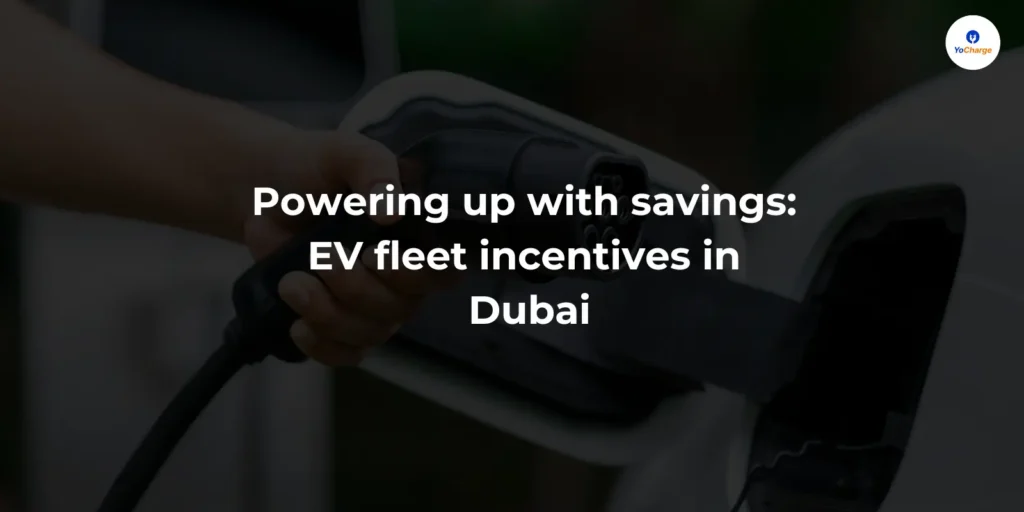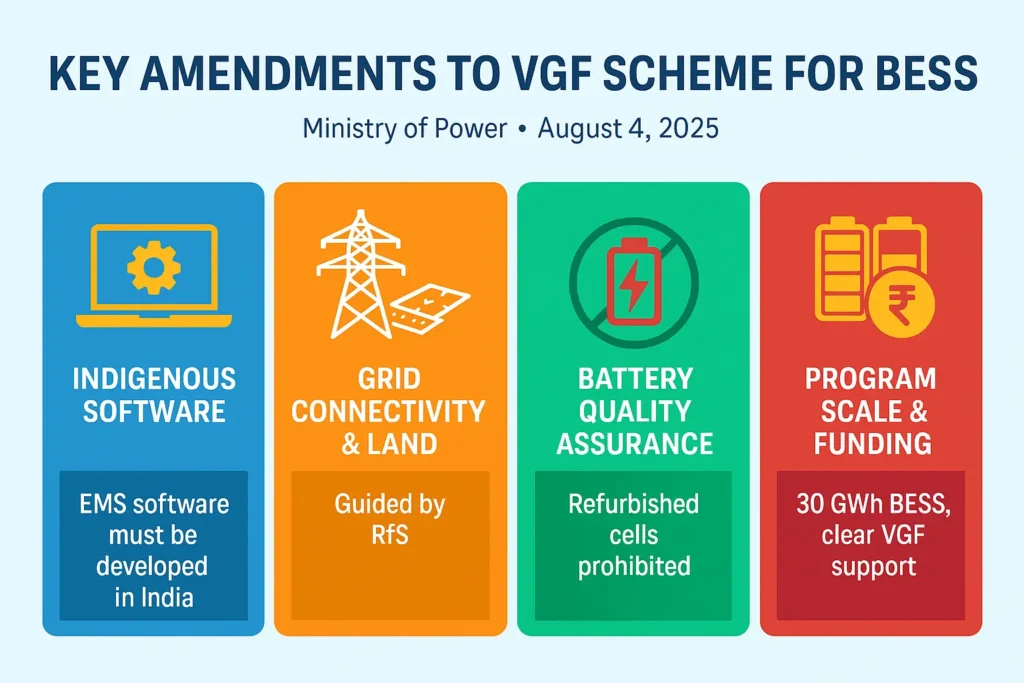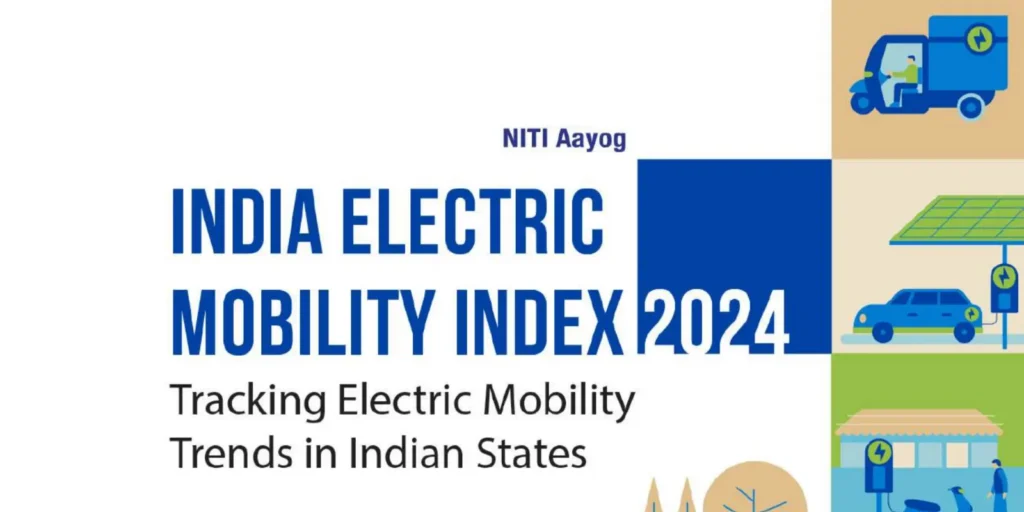
If you are finding, how can businesses in Dubai power up their fleets with electric vehicles (EVs)? The answer lies in the EV fleet incentives in Dubai and other regulations put in place by the UAE and Dubai governments to promote the adoption of EV fleets. The Dubai government has implemented incentives and regulations to promote electric vehicle (EV) fleets in Dubai. EV fleet incentives in Dubai Incentives include reduced import duties, tax exemptions, free vehicle registration, subsidized public charging, and reduced toll fees for EVs.
Dubai EV fleet incentives have made EVs more affordable and accessible for businesses, contributing to the growth of EV fleets. Regulations cover areas such as maintenance, battery disposal, and driver training to ensure safe and responsible operation. This article explores the federal and local-level incentives offered by the UAE and Dubai governments for EV fleet operations.
Financial Benefits: Unveiling EV Fleet Incentives in Dubai
The two major Dubai EV fleet incentives are Federal Incentives and Local Dubai Incentives. Learn about these EV fleet incentives given below:
Federal Incentives Like Reduced Import
The UAE government offers several federal-level incentives to promote the adoption of electric vehicles (EVs) in Dubai. One key Dubai EV fleet incentives is the reduced import duties on EVs. The UAE has implemented a 5% import duty on EVs, which is significantly lower than the duties imposed on traditional gasoline-powered vehicles (ref). Additionally, the UAE government provides tax exemptions for EVs.
While the country does not have an income tax, EVs are exempt from the standard 5% value-added tax (VAT) and customs fees that apply to conventional vehicles. This exemption helps make EVs more affordable for businesses and individuals looking to transition their fleets to electric. These federal UAE fleet incentives, combined with the local-level incentives offered by the Dubai government, create a favorable environment for the adoption of EV fleets in the city.
The UAE’s commitment to reducing its carbon footprint and promoting sustainable transportation is evident through Dubai EV fleet incentives, which aim to make EVs a more attractive and accessible option for fleets.
Local Dubai Incentives
The Dubai government offers several Dubai EV fleet incentives to encourage businesses to adopt electric vehicle (EV) fleets:
- Dubai EV Fleet Registrration: The Roads and Transport Authority (RTA) in Dubai has exempted EVs licensed in the city from public parking fees for two years starting from July 1st, 2020.
- Dubai Public EV Charging Incentives: The Dubai Electricity and Water Authority (DEWA) launched the EV Green Charger initiative, which provides free charging for all non-commercial EV users registered in the program until the end of 2021.
- Reduced Salik Toll Fees for EVs: As part of the incentives, the RTA offers a free Salik tag for EVs registered within the Emirate of Dubai. This allows EV fleet operators to save on toll road charges.
- Potential Grants or Rebates for Purchasing EVs: The Dubai government may offer grants or rebates for businesses purchasing EVs, though the latest information on such incentives should be checked on the government’s websites.
Case Study: Dubai Taxi Corporation, the largest taxi operator in Dubai, has successfully integrated electric vehicles into its fleet. By the end of 2020, hybrid and electric vehicles constituted 50% of the Dubai Taxi fleet, resulting in significant fuel cost savings and a reduction in carbon emissions.
Another example is Majid Al Futtaim, a leading shopping mall, community, retail, and leisure pioneer across the Middle East, Africa, and Asia. The company has introduced Nissan LEAF electric vehicles into its fleet, benefiting from the Dubai government’s EV incentives and contributing to its sustainability goals.
These Dubai EV fleet incentives, combined with the federal-level incentives offered by the UAE government, create a favorable environment for businesses in Dubai to transition their fleets to electric vehicles, leading to cost savings and environmental benefits.
Navigating the Road: Regulations for Responsible EV Fleet Operations
Dubai has implemented several Dubai EV fleet regulations to ensure responsible and efficient operations of electric vehicle (EV) fleets in the city. These regulations cover various aspects, including maintenance, battery disposal, and driver training.
The Dubai Supreme Council of Energy has issued directives to increase the procurement targets of electric and hybrid vehicles in government organizations. The target is set at 20% by 2025 and 30% by 2030 (ref). This regulation encourages the adoption of EVs in government fleets, setting an example for the private sector.
The Dubai Electricity and Water Authority (DEWA) plays a crucial role in promoting and regulating EV charging infrastructure in the city. DEWA has established the EV Green Charger initiative, which provides free or subsidized charging at public charging stations for EV fleet operators. This initiative aims to make EV charging more accessible and affordable for businesses.
Moreover, DEWA has issued guidelines for the installation, operation, and maintenance of EV charging stations in Dubai. These guidelines ensure that charging infrastructure meets safety standards and is installed in designated areas. DEWA also requires approval for the installation of charging stations to maintain control over the quality and safety of the infrastructure.
The Dubai Building Code sets out specific requirements for EV charging points, including design, installation, and electrical specifications. These Dubai EV fleet regulations ensure that charging infrastructure is built to high standards, promoting safety and efficiency.
In addition to DEWA’s role, the Roads and Transport Authority (RTA) in Dubai has launched initiatives to support the adoption of EVs in the city’s transportation sector. The RTA has exempted Dubai-licensed electric vehicles from parking fees, further incentivizing the use of EVs.
The Dubai EV fleet regulations and initiatives by the Dubai government and its authorities demonstrate a commitment to creating a sustainable and efficient EV ecosystem in the city. By promoting responsible practices and providing Dubai EV fleet incentives, Dubai aims to encourage businesses to adopt electric fleets, contributing to a cleaner and more environmentally friendly transportation system.
The Final Words
The Dubai government has implemented Dubai EV fleet incentives and regulations to promote electric vehicle (EV) fleets. These include reduced import duties, tax exemptions, free vehicle registration, subsidized public charging, and reduced toll fees for EVs. These measures have made EVs more affordable and accessible for businesses, leading to the growth of EV fleets in Dubai.
Regulations cover areas such as maintenance, battery disposal, and driver training, with the Dubai Electricity and Water Authority (DEWA) playing a key role in regulating the EV charging infrastructure. These policies have driven the transition to a more sustainable transportation system in Dubai, with further developments expected to support this transition as the city sets ambitious targets for EV adoption.
Also read: Power Up Your Ride: A Look at DEWA’s EV Green Chargers Initiative



